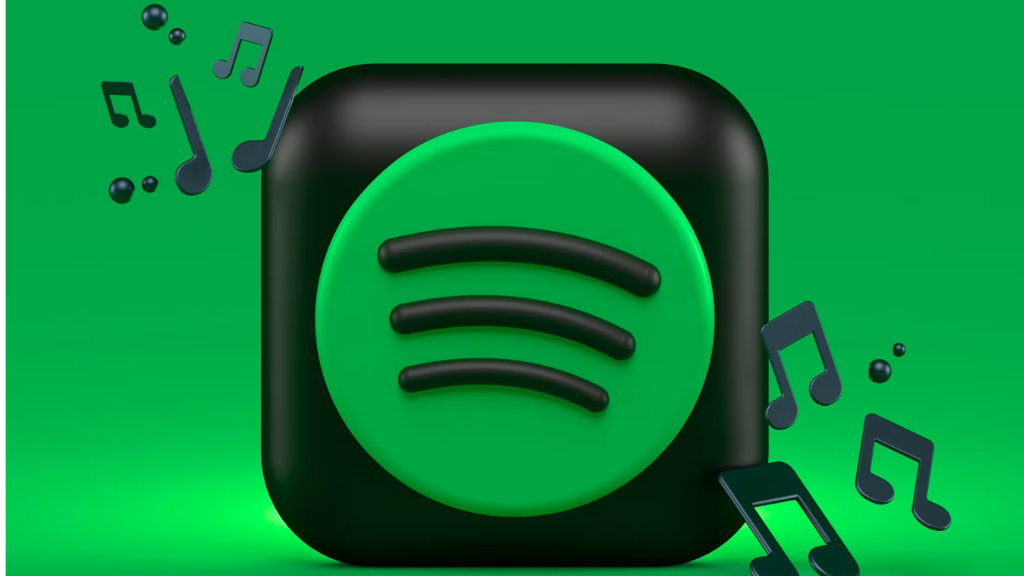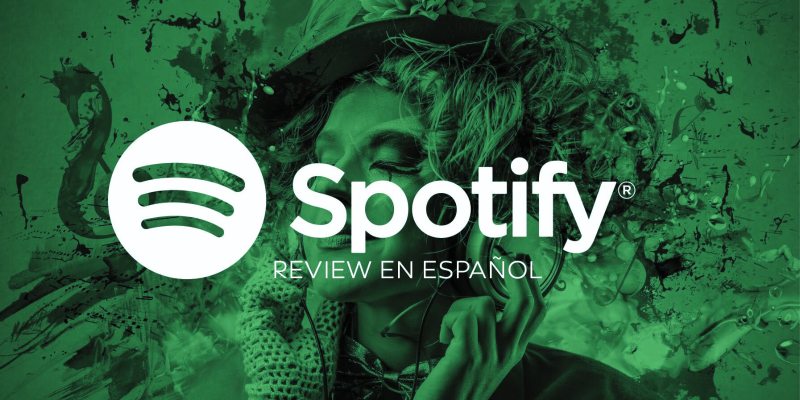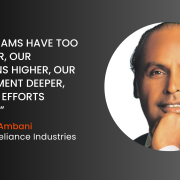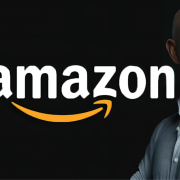| বাংলায় পড়ুন | Researchers and Reporters: Tanjil Fuad Ayesha Maria |
Spotify is one of the most widely used media services and music streaming platforms globally. It is available for use in both free and premium versions.
‘Spotify listens to the user’s mind!’ is the most intriguing feature of the music-loving app.
However, we’re curious about Spotify’s understanding of it. Even in face-to-face conversations these days, there are situations when it’s difficult to understand what is being said. To learn more about Spotify’s excellent comprehension technique, you have to read today’s post.
Spotify offers a wide range of audio content, including music podcasts from 184 countries worldwide, with over 5 million podcasts, over 100 million songs, and over 4 billion playlists. In Bangladesh, too, Spotify is growing in popularity every day.
Globally, 615 million people use Spotify each month. With a 31.7% market share, it leads the global music streaming sector as well.
Daniel Eck and Martin Lorentzon, two Swedish businessmen, founded Spotify in Stockholm, Sweden in 2006. After a two-year effort, Spotify was approved to begin in 2008. In October of that same year, the company began working on music streaming in several European nations, including Sweden. By inviting users and displaying advertisements, Spotify Music first lets users listen to music for free. However, a few days later, premium subscriptions were added.
Although the company’s revenue and user base are growing annually, Spotify’s profitability is not as impressive. At the moment, 184 countries worldwide are using Spotify to listen to music, podcasts, audiobooks, and short stories.

In 2024, Spotify will play the best songs based on your mood. | Photo: Collected.
Let’s check the reasons for Spotify’s surge in user popularity:
Spotify’s user-friendly listening experience is one of the factors contributing to its widespread appeal. The Spotify app has an easy-to-use design. Here, the tracks are organized into playlists so that listeners can find a certain song and then hear comparable tracks one after the other. Raising the bar on technology: Spotify aims to customize the user experience to each user’s and listener’s preferences, raising the bar on technology by utilizing a clever blend of machine learning and artificial intelligence to create playlists on the streaming service. To achieve this, they have recently enlisted the aid of some data science firms, allowing the name “Spotify” to rank higher in the list of music streaming services.
Spotify has some very strong machine-learning technologies, even if other streaming providers employ comparable techniques. The internet presence of a newly discovered artist’s song on this platform is not as active, but listeners can still add the music to their playlists by examining its metadata. In this case, audience preference takes precedence over widespread appeal. The Spotify audio model will suggest a song for the user to listen to if he enjoys the artist’s music or the kind of music he plays. Offering personalized music recommendations based on over 100 million songs, Spotify’s rich user experience keeps getting better.
Devices like PCs, tablets, smartwatches, PlayStation, X Box, and smartphones are also supported by Spotify. Furthermore, it’s quite simple to use from a browser because it’s a web platform.
The access to free or premium music streaming on Spotify is another factor in its appeal. Six audios can be skipped in an hour by free listeners. However, there are no limitations on Audio Skip when using a Premium subscription. Freemium audio is significantly lower quality than premium if you choose to listen to it. All benefits are unchanged aside from that. Furthermore, the advantages of premium and freemium have not changed significantly despite an increase in users. You may listen offline with a premium subscription as well. While free users are subject to hearing advertisements in between songs, premium members are not.
In addition, Spotify’s price is straightforward and reasonably priced when compared to other music services because of several variables.
Spotify is not just about music; in addition to music, users may also enjoy podcasts, audiobooks, and short stories from a free account.

Tune in to your favorite songs on Spotify, anytime!| Photo: Collected.
The three major rivals of Spotify are Apple Music, YouTube Music, and Amazon Music. Spotify provides greater advantages to music fans generally, even though all three of these music streaming services have the same capability to incorporate users’ preferred audio suggestion lists through machine learning and artificial intelligence. Accordingly, Spotify may be referred to as an all-arounder that offers music enthusiasts a wide range of services based on their needs.
Spotify provides an endless stream of music for fans of all genres. The unique quality of Spotify is its unwavering commitment to never discontinue mid-exercise song recommendations and to only suggest songs that are appropriate for falling asleep. Give me your thoughts on Spotify.





























Comments